Question on Turkish Standardized Test Refers to ‘Gavurs,’ Sparks Debate

ISTANBUL, Turkey—A question on Turkey’s nationwide Higher Education Examination (commonly referred to as the YGS) this year referred to non-Muslims as “gavurs,” or infidels, sparking debate in the country, reported Agos.
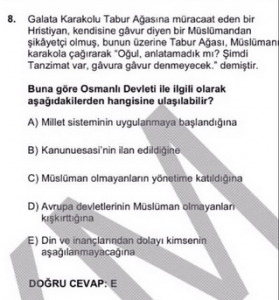
2,046,583 students across Turkey took the test, which is similar to the SATs. An answer choice to the question, “Which one of the following is relevant about the Ottoman Empire,” read: “A Christian man appeals to the Galata Police Chief with a complaint about a Muslim man. He complains that the man has called him a gavur. The chief calls the Muslim man in and tells him ‘Haven’t you learned by now? We now have reforms in place and can no longer call gavurs gavur!’”
The correct answer choice to the question was, “No one can be humiliated because of their religious beliefs.” The question received criticism because of its discriminatory and racist expression.
The YGS is a standardized test for admission to higher education in Turkey administered by OSYM, the body responsible for organizing the national level university entrance examinations and several other large-scale examinations in Turkey.



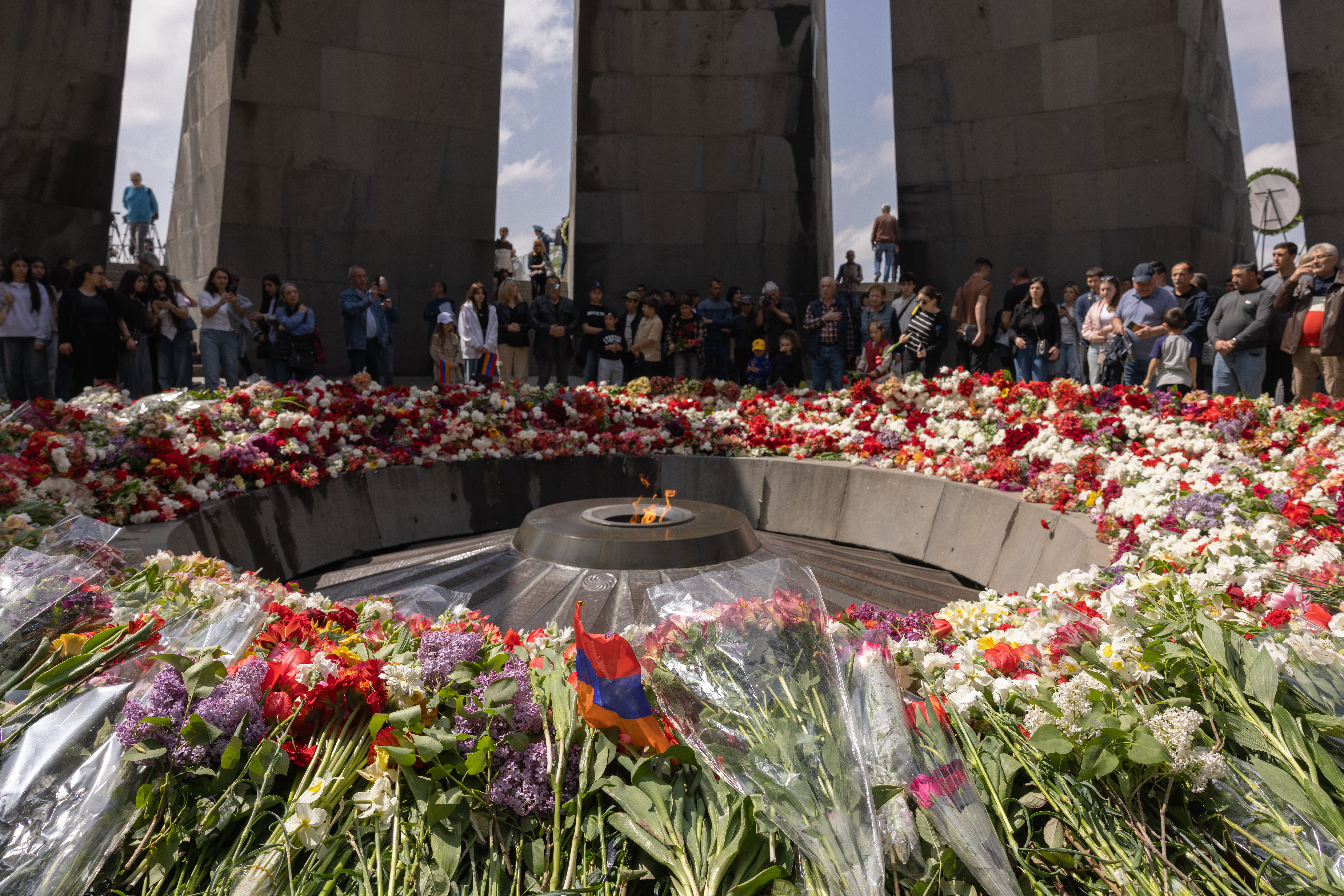

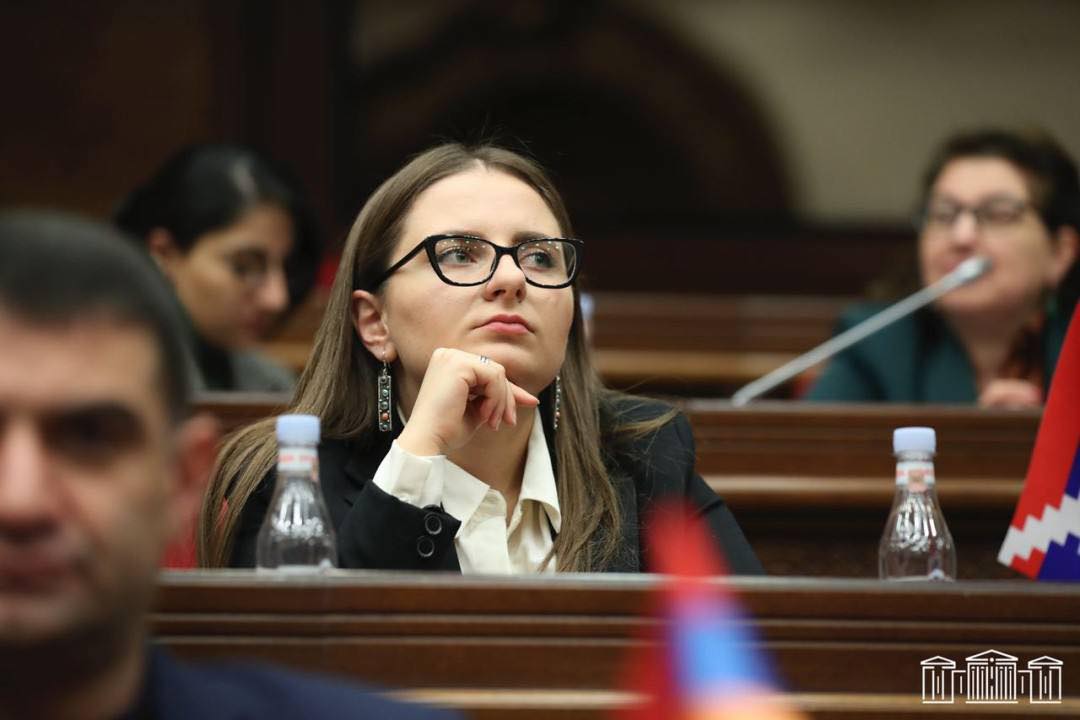
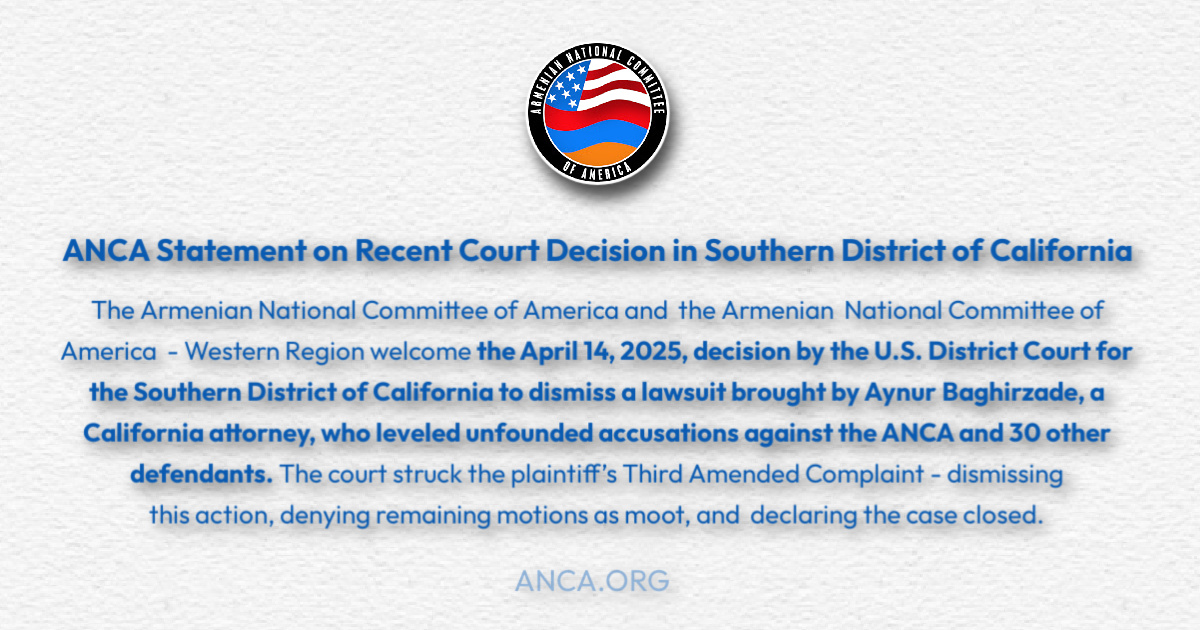
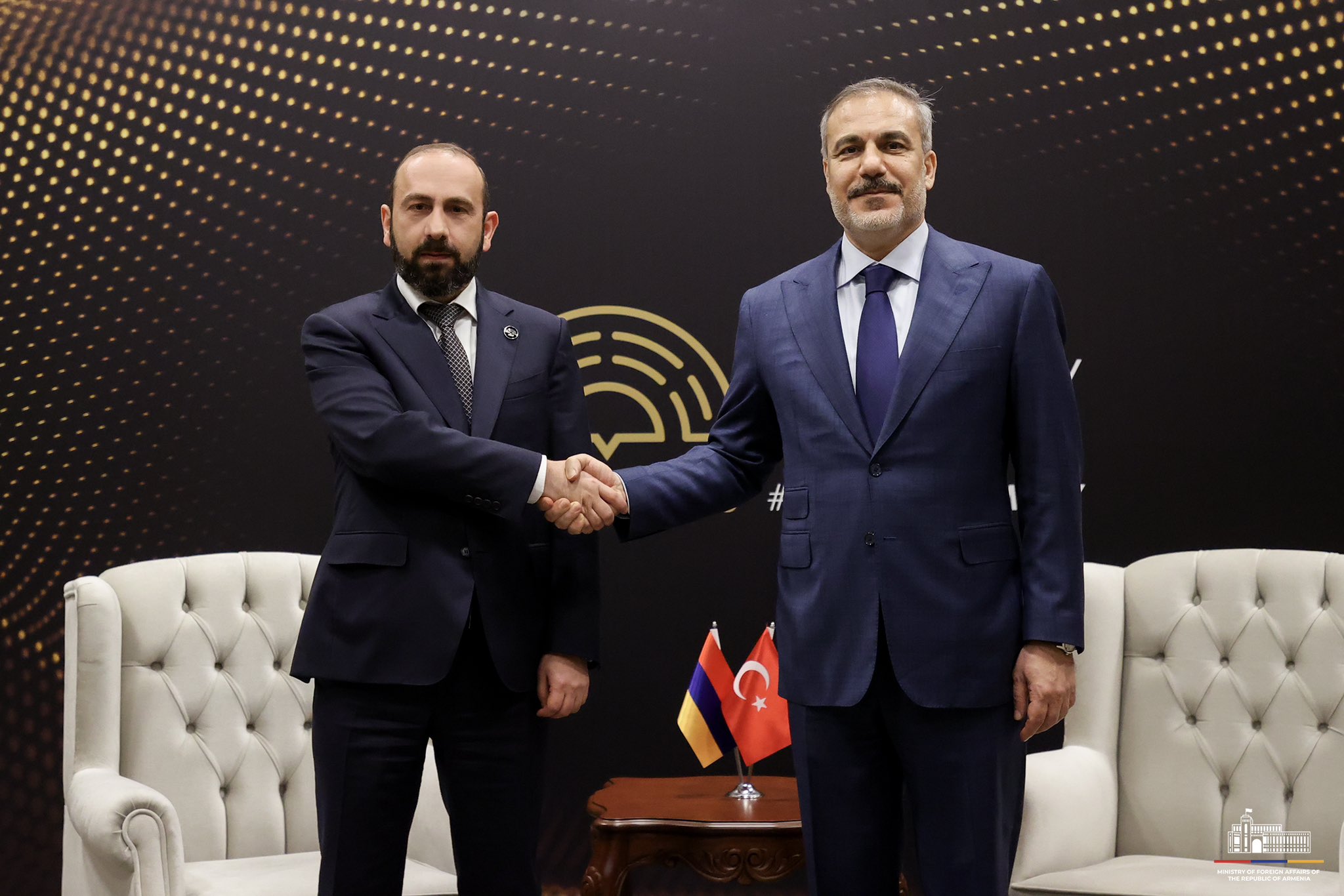
These guys haven’t changed. They still refer to Christians as Gavur or infidel.
What can we expect Any better? They will never ever change, it will remain as is.
Am I missing something? Did Muslims during the Tanzimat era in the 19th century NOT refer to non-Muslims as gavurs? And were the Tanzimat reforms NOT supposed to increase religious freedoms and equality? The question more factually accurate than racist.
In any case, the controversy is misplaced here. Answer choice D is FAR more offensive than the question. It reads: “European states are inciting non-Muslims.” Anyone remember hearing that excuse anywhere else?
“‘Haven’t you learned by now? We now have reforms in place and can no longer call gavurs gavur!’”
This actually sounds like a joke in poor taste.
I’m curious about how many students picked which answer.
Can you translate all the answers?
Yeah it just seemed like a stupid joke.
Translations:
A: “that the Millet system had started to be implemented”
B: That the Kânûn-i Esâsî (Constitution of 1876) had been declared.
C: That non-Muslims joined the bureaucracy
D: “European states are inciting non-Muslims.”
E: “No one can be humiliated/belittled/disrespected because of their religious beliefs.”
{“…A question on Turkey’s nationwide Higher Education Examination”}
According to Wiki, YGS-LYS is taken by high school graduates.
So they are 18 years old, correct ?
Aside from the absurdity of the questions, doesn’t it strike anyone as strange that 18 year olds in Turkey would be asked such intellectually primitive questions ?
From the English translations in the text in the article and by RVDV, the questions would be more appropriate to something like 10-12 year olds ?
Where is the disconnect ?
Is this a preview of what to expect in the forthcoming Erdoğan Caliphate* ?
—
* “Get ready for Erdoğan’s caliphate” tweeted Fuat Özgür Çalapkulu, the head of the AKP in the eastern province of Siirt.
“* “Get ready for Erdoğan’s caliphate” tweeted Fuat Özgür Çalapkulu, the head of the AKP in the eastern province of Siirt.”
I saw that. I bet higher ups in AKP were like “Not yet. Not yet. To early to say ‘calphiate’. We’ll start using the word next year.”
Somethng I would like RVDV’s perspective on:
When we in the American Armenian Diaspora look at Turks, whom we often do not even know as individuals, we often look down upon them as uneducated. This comes from the stories of our ancestors. Indeed, our ancestors often prized education,and many of our ancestors were literate in a higher percentage than the people they knew as Moslem neighbors in western Armenia.
Because a high percentage of our ancestors were the wealthier and more educated people in settled towns and villages, our view of “The Turk” often comes from their reports of lazy, uneducated people. In truth, these Moslem neighbors were despised by “Turkish” Ottoman elites in the cities. Hillbillies might be a comparison.
However, the Ottoman “Turks” who ran a successful empire, even those with Serbian, Croatian, or other Christian roots, did not see themselves as backwards or uneducated. They saw themselves as the leaders of an Empire. They could point to high accomplishments in military, economic and engineering arts. They saw themselves as conquerors of lesser peoples, especially Christians, but Arabs too.
I think that the true source of Turkish opposition to Genocide recognition is not the supposed offense of calling Grandpa a murderer. If that was really the problem, Turks would say that, like Germans whose grandfathers always supposedly hated the Nazis, Grandpa helped the poor Christians.
I think the real problem is that the despised,lowly, powerless Armenians have the audacity to demand justice and to treat the crimes of the Turks as if they had a valid voice. The Turks are embarrassed at having to respond on the world stage to what the untermenschen say. Back in the Empire and Republic days, the Turks could kill with impunity, and they resent having the dhimmi slaves act like full men and women.
It is they who look down on us.
I think you’re right in how Turks of today are being taught to view themselves. We descend from a the rulers of an empire, who conquered east and west, and that sort of stuff. This despite things like the Ottoman elite referring to themselves as “Ottomans” and referring to the Muslims in the fields and villages as “Turks.” The same thing happened in the early Republican era, the elite in Istanbul and Ankara were “white Turks” and the Anatolian commoners were “black Turks.” But then again, falling victim to retroactive self-glorification and sanitizing history isn’t a uniquely Turkish attribute/problem.
“They saw themselves as conquerors of lesser peoples, especially Christians, but Arabs too. I think that the true source of Turkish opposition to Genocide recognition is not the supposed offense of calling Grandpa a murderer”
I’m not sure if I agree. The view of Turks being a superior race and nationalist tendencies like that surely play a role but the murderer ancestor thing is more significant than you give it credit for. It’s not just the desire to not call grandpa a murderer. To accept that the Armenian genocide happened, is, as many scholars have pointed out, is to accept that our “Turkish nation” is founded on murder. Germany existed before the Nazis, the Young Turks and its members literally created Turkey. The narrative we are taught is that our glorious forefathers saved us from the puppet Ottoman regime, evil foreign influence, invasion, and occupation. WE are the good guys in that story. WE fought off evil. If you accept the Armenian genocide, the founding myth of the Turkish republic comes crashing down.
“It is they who look down on us.”
True, but that goes both ways among enemy nations/peoples. Greeks, Serbs, Bulgarians, Russians, etc. look down on us too. Chest thumping, nonsensical nationalism is a plague that seems to have a stranglehold on all of Eastern Europe.
This is not surprising; just shows the level of logical thinking.
I just wonder how our forefathers dealt with these people who stole our ancestral homeland and still steadfastly refuse to even acknowledge their criminal act of a systematic genocide. Their latest insult is holding the ‘celebration’ of the battle of Gallipoli on April 24.